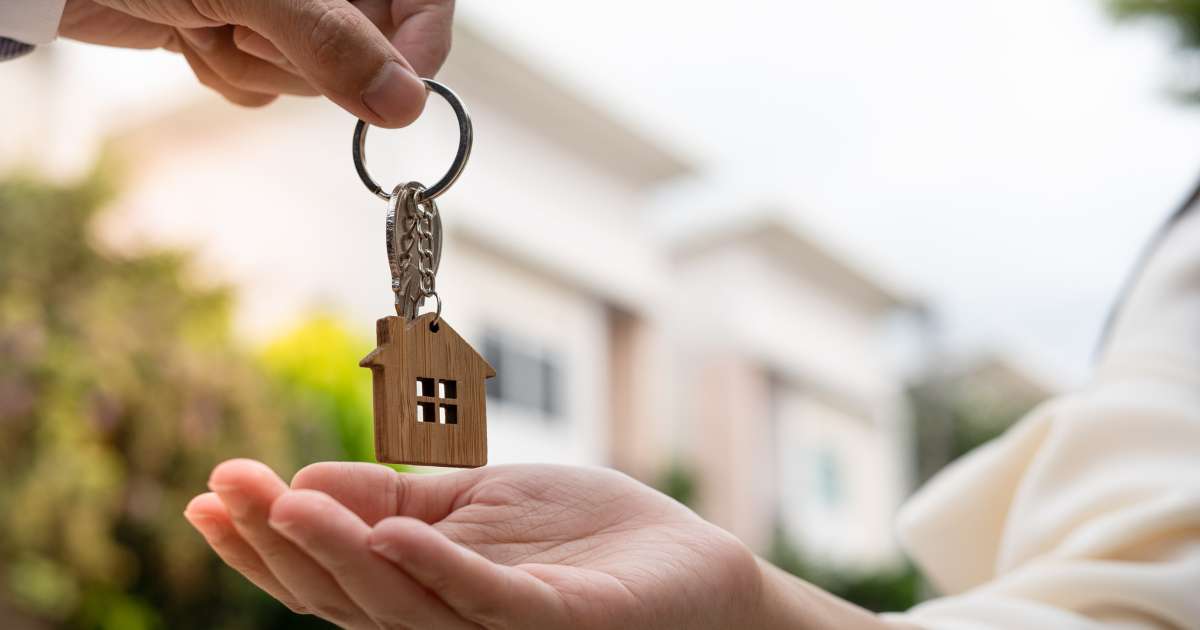Mold is a common problem that can pose serious health risks and cause property damage if left unaddressed. In Florida, where the warm and humid climate provides ideal conditions for mold growth, it is crucial for both tenants and landlords to understand their rights and responsibilities regarding mold.
Understanding Florida Mold Laws:
Florida has specific laws and regulations in place to protect tenants and landlords in mold-related situations. Under Florida law, landlords are obligated to maintain their rental properties in a habitable condition, which includes ensuring that they are free from mold and other harmful substances. Tenants, on the other hand, have the responsibility to promptly report any mold issues to their landlords. By understanding these laws, both tenants and landlords can better navigate mold-related situations.
Tips for Tenants:
1. Be vigilant:
As a tenant, it is essential to be observant and regularly inspect your rental property for any signs of mold growth. Look for visible mold, musty odors, water stains, or any other indications of moisture problems.
2. Report mold promptly:
If you notice any mold growth or suspect a mold problem, report it to your landlord immediately. Provide detailed information about the location, extent, and any associated health concerns. Document your communication with your landlord and keep copies for future reference.
3. Understand your rights:
Familiarize yourself with your rights as a tenant under Florida law. Your landlord is responsible for addressing mold issues and ensuring that your living environment is safe and healthy. If your landlord fails to take appropriate action, you may have legal remedies available to you.
Tips for Landlords:
1. Regular inspections:
Conduct regular inspections of your rental properties to identify and address any potential moisture problems or sources of mold growth. Early detection is key to preventing mold issues from escalating.
2. Timely response:
Take tenant reports of mold seriously and respond promptly. Investigate the issue, identify the source of moisture, and take appropriate measures to remediate the mold problem. Prompt action can help prevent further damage and protect your tenants’ health.
3. Professional mold testing:
Consider hiring a certified mold inspector to conduct regular mold testing in your rental properties. Professional testing can help identify hidden mold growth and provide valuable insights into the overall indoor air quality.
Mold problems can be a significant concern for both tenants and landlords in Florida. By understanding their rights and responsibilities, tenants can ensure a safe living environment, while landlords can protect their properties and maintain positive landlord-tenant relationships. Remember to report mold issues promptly, document all communication, and, if necessary, seek legal advice to enforce your rights. Stay informed, proactive, and mold-free!
If you suspect mold in your rental property, don’t delay. Protect your health and property by hiring Clear Property Inspections for comprehensive mold testing and inspection services. Contact us today to schedule an appointment and ensure a mold-free living environment for you and your tenants.
Disclaimer: This blog is for informational purposes only and does not constitute legal advice. Consult a qualified attorney or professional for specific legal guidance regarding mold issues in your rental property.

